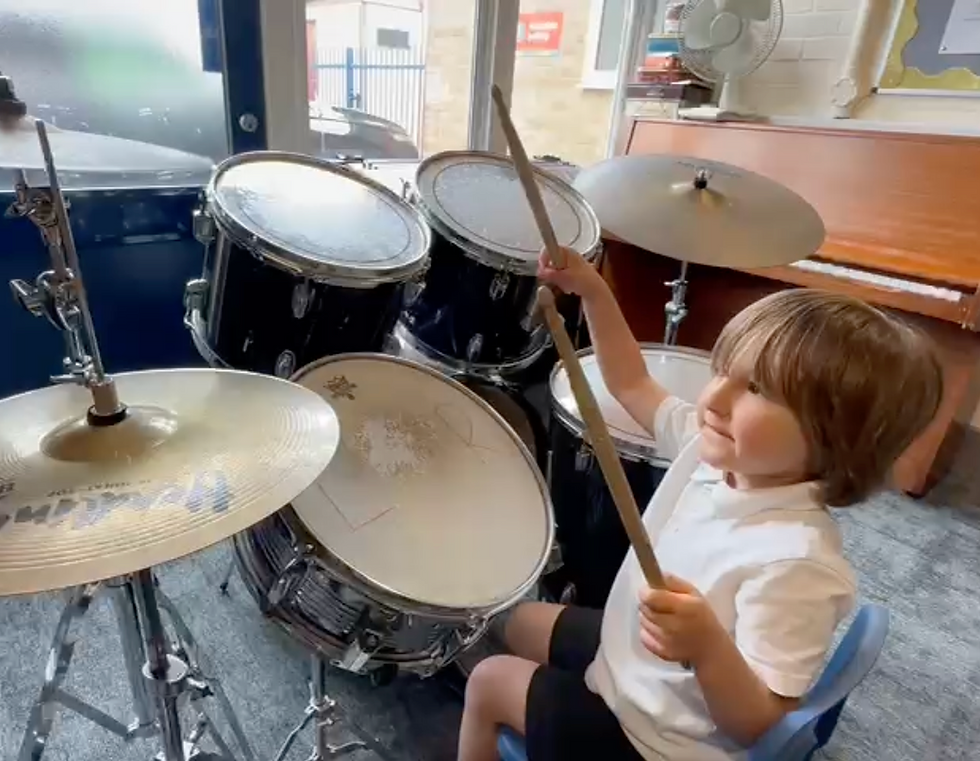Master the Art of Drum Education in the UK
- Team ADS

- Jul 29, 2025
- 3 min read
Drumming is more than just keeping a beat; it is an art form that combines rhythm, coordination, and creativity. Whether you are a beginner or an experienced player, mastering drum learning techniques can elevate your skills and deepen your passion for music. In the UK, there are numerous opportunities and resources to help you on this journey. This post will guide you through effective drum learning techniques, the qualifications needed to teach drums, and practical advice to enhance your drumming experience.
Exploring Effective Drum Learning Techniques
Learning drums requires a blend of practice, theory, and technique. Here are some proven drum learning techniques that can help you progress efficiently:
Start with the Basics: Focus on fundamental skills such as grip, posture, and basic rhythms. Proper technique prevents injury and builds a strong foundation.
Use a Metronome: Practising with a metronome improves timing and consistency. Start slow and gradually increase the tempo.
Break Down Complex Patterns: Divide difficult rhythms into smaller parts. Master each section before combining them.
Incorporate Rudiments: Drum rudiments are essential patterns that form the building blocks of drumming. Practice single strokes, double strokes, paradiddles, and flams regularly.
Record Your Practice: Listening back to recordings helps identify areas for improvement.
Play Along with Music: Choose songs that match your skill level and play along to develop timing and musicality.
Stay Consistent: Short, daily practice sessions are more effective than infrequent long ones.
By applying these techniques, you can develop control, speed, and creativity on the drums.

Where to Find Drum Learning Techniques in the UK
The UK offers a vibrant music education scene with many options for drum learners:
Private Drum Lessons: One-on-one lessons with experienced instructors provide personalised guidance tailored to your goals.
Music Schools and Academies: Institutions like the ALS Drum School offer structured courses covering various styles and skill levels.
Online Tutorials and Courses: Platforms such as YouTube and specialised websites provide flexible learning options.
Workshops and Masterclasses: These events allow you to learn from professional drummers and network with other musicians.
Community Music Centres: Many local centres offer group lessons and jam sessions.
Choosing the right learning environment depends on your preferences, budget, and schedule. Combining different methods can also be very effective.

What Qualifications Do I Need to Teach Drums?
If you are passionate about drumming and want to share your knowledge, becoming a drum teacher is a rewarding path. In the UK, there are no strict legal requirements to teach drums, but certain qualifications and skills can enhance your credibility and effectiveness:
Formal Music Qualifications: Certificates from recognised bodies such as ABRSM, Trinity College London, or Rockschool demonstrate your proficiency.
Teaching Certificates: Courses in music education or teaching skills can improve your ability to communicate and structure lessons.
Experience: Practical experience performing and teaching drums is invaluable.
First Aid and DBS Checks: If teaching children or vulnerable adults, having a Disclosure and Barring Service (DBS) check and basic first aid training is often required.
Continuous Professional Development: Attending workshops and staying updated with new teaching methods keeps your skills sharp.
Many drum schools and private instructors combine these qualifications with passion and dedication to provide excellent drum education.
Tips for Practising Drums Effectively at Home
Practising drums at home can be challenging but rewarding. Here are some tips to make the most of your practice time:
Create a Dedicated Practice Space: Set up a quiet, comfortable area with your drum kit and necessary accessories.
Set Clear Goals: Define what you want to achieve in each session, such as mastering a rudiment or a song.
Warm Up Properly: Start with stretching and simple exercises to avoid injury.
Use a Practice Pad: When noise is a concern, a practice pad allows you to work on technique quietly.
Mix Up Your Routine: Alternate between technical exercises, playing songs, and improvisation to keep practice engaging.
Track Your Progress: Keep a practice journal or use apps to monitor improvements.
Stay Patient and Positive: Progress takes time, so celebrate small victories.
By following these tips, you can build a productive and enjoyable practice habit.
Enhancing Your Drum Education Journey
To truly master drumming, consider integrating professional drum education into your learning path. Professional schools offer structured programmes, expert feedback, and performance opportunities that accelerate growth. Additionally, connecting with other drummers through forums, social media, and local events can inspire and motivate you.
Remember, drumming is a lifelong journey. Embrace every challenge and enjoy the rhythm of progress.
Mastering drum learning techniques in the UK is an achievable goal with the right approach and resources. Whether you aim to play for fun, perform professionally, or teach others, the path is open. Start today, stay committed, and let the beats guide your way.









Comments